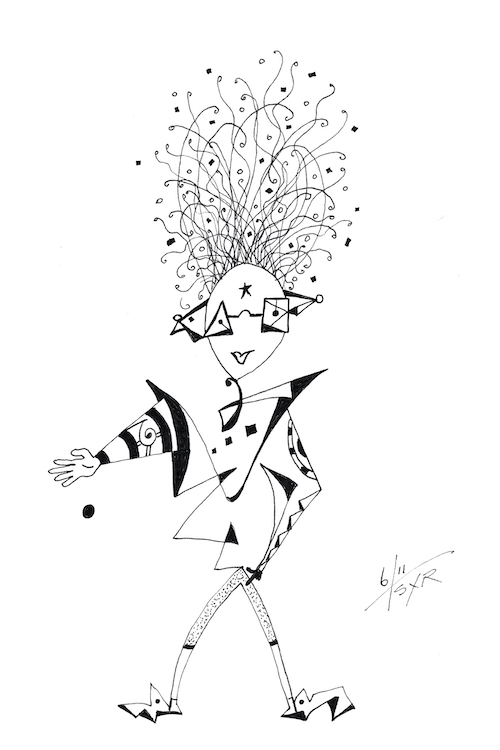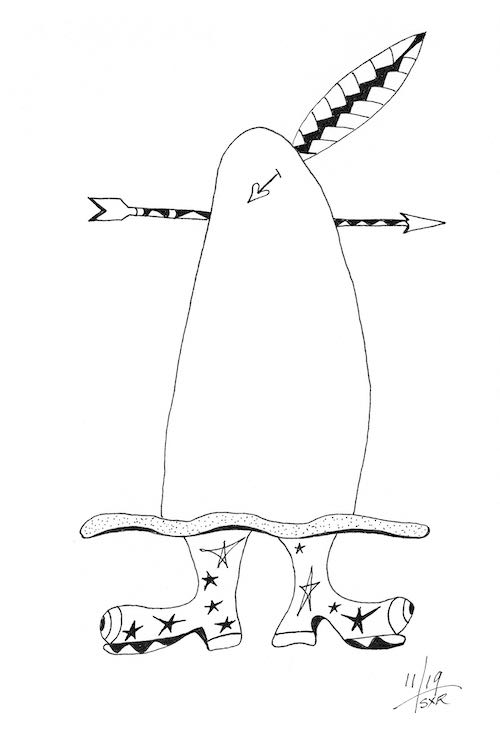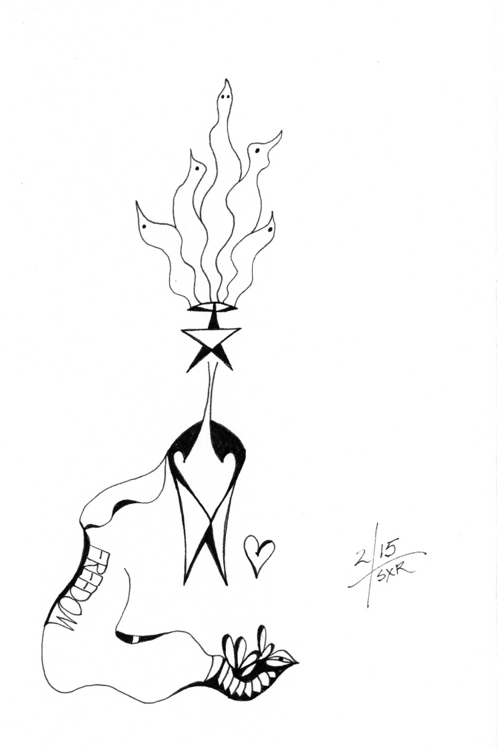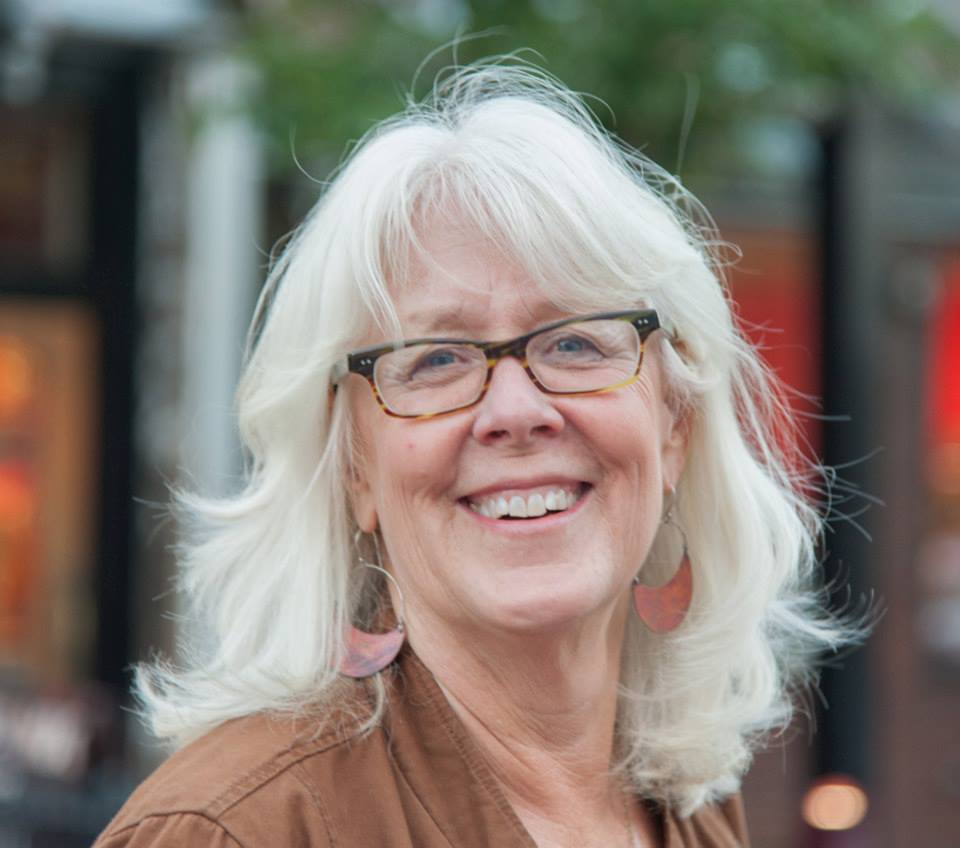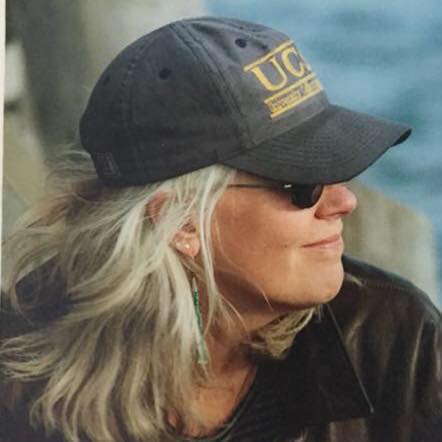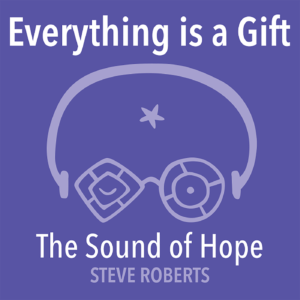I’m not exactly sure what it means to be a feminist, but I assume it includes considering females beyond gender stereotypes. If that’s reasonably close, then the first big feminist choice I remember making occurred in 1957 when I decked Kathy McMinn as she was racing for home. Read More
**Archive
Breath of fresh air not withstanding, an opportunity will be missed if Trump’s eviction from his rental on Pennsylvania Ave is considered simply the end of a national nightmare. Read More
- If our candidate needed to win in order for us to be happy, we signed up for the ultimate in misery––attaching our happiness to something we cannot control.
- If our candidate did win and we think that’s the reason we’re happy, we’re mistaken. Same if we think our crankiness is due to our person’s loss. Don’t be concerned. It takes most of us lifetimes to realize how impossible either scenario is.
- The most important thing to know about Trump is that he is not responsible for our feelings about him––whatever those feelings are.
- The same can be said about everyone else we’ve ever known.
- How we define our world creates our world. This principle is the root of our every judgment, our every opinion, our every resentment, our every joy.
- The human family’s addiction to drugs is nowhere near as harmful as our addiction to beliefs. And maybe our most malicious belief is that people and events cause how we feel, and thus how we respond.
- Saying “This makes me angry,” is another thing we do a million times until we realize that it’s impossible, and that we’re just trying to avoid taking responsibility for our fear and pain.
- Many things are harmful and call to be changed. But only we make them a burden.
- And when we do, we deny ourselves the gift inherent in every experience: the opportunity to grow our ability to respond with kindness and wisdom to whatever comes our way.
- With enthusiasm, even ferocity, we can fight for or against whatever our heart impels us to address without resentment, condescension, or hatred. Dr. King said one Christmas, “If we don’t have goodwill toward men in this world, we will destroy ourselves.”
- In fact, we needn’t fight “against” anything, but instead align our heart and mind with honoring and creating that which we hold sacred.
- To cultivate lasting happiness, even in the face of perpetual heartbreak, a useful mantra is the question: What am I trying to accomplish that I can control? Discovering and acting on our answers is pretty much all there is to a healthy life: one that doesn’t attach itself to the outcome of an election or any other endeavor, but rather focuses solely on the energy and integrity we invest in a noble aspiration, one that serves the entire human family. Having a peaceful heart, for instance.
Sunday, 14 January 2018
A week ago I published “The Beautiful Farewell of Nancy Cathcart.” Yesterday Nancy died. In the intervening six days the essay was viewed nearly 4000 times on my website, eliciting uncountable expressions of thankfulness for Nancy.
There’s a sweet irony in the fact that I probably knew Nancy just about the least of all those who honored her with their words. Read More
If I had to condense all of life into one activity, it would be this: embracing the present moment, and responding to it with all the beauty we can muster.
By beauty I mean that which draws us in the direction of oneness, unity, kinship. The opposite of judgment.
To pull this off, of course, requires us to open one of life’s most precious gifts, the gift of choice. We must define for ourselves what, in fact, is going on. Then, we must determine what it means for us to respond in beauty.
These choices can be especially poignant when what we’ve determined is at hand is our death.
So it has been for Nancy Cathcart. And the beauty with which she has responded, if my experience is any measure, is enriching the lives of that big tent full of fortunate souls she considers her tribe. Read More
"The push to change the words “nigger” and “injun” in Mark Twain’s Huckleberry Finn, because the so-called offensive nature of those terms might limit today’s readership and appreciation of that literary classic, is a wonderful opportunity to reflect on how we avoid taking responsibility for our feelings––and therefore miss the chance to become more awake, more whole, more useful friends to one another."
The Essay: The Gold in Niggers and Injuns

